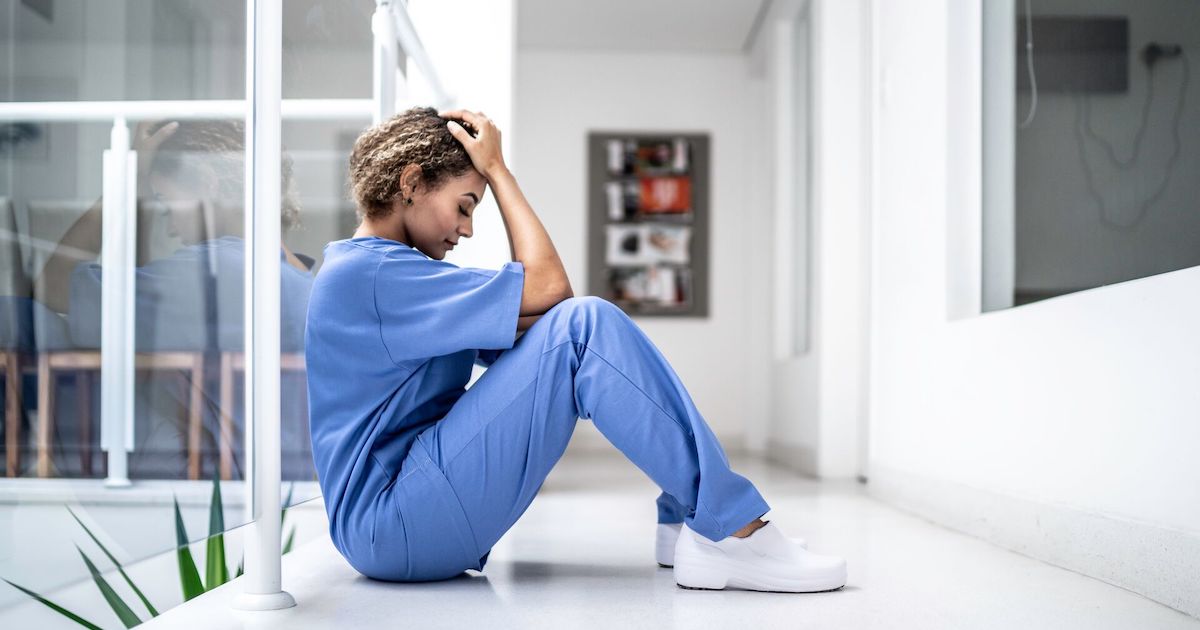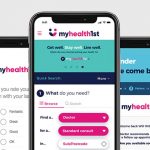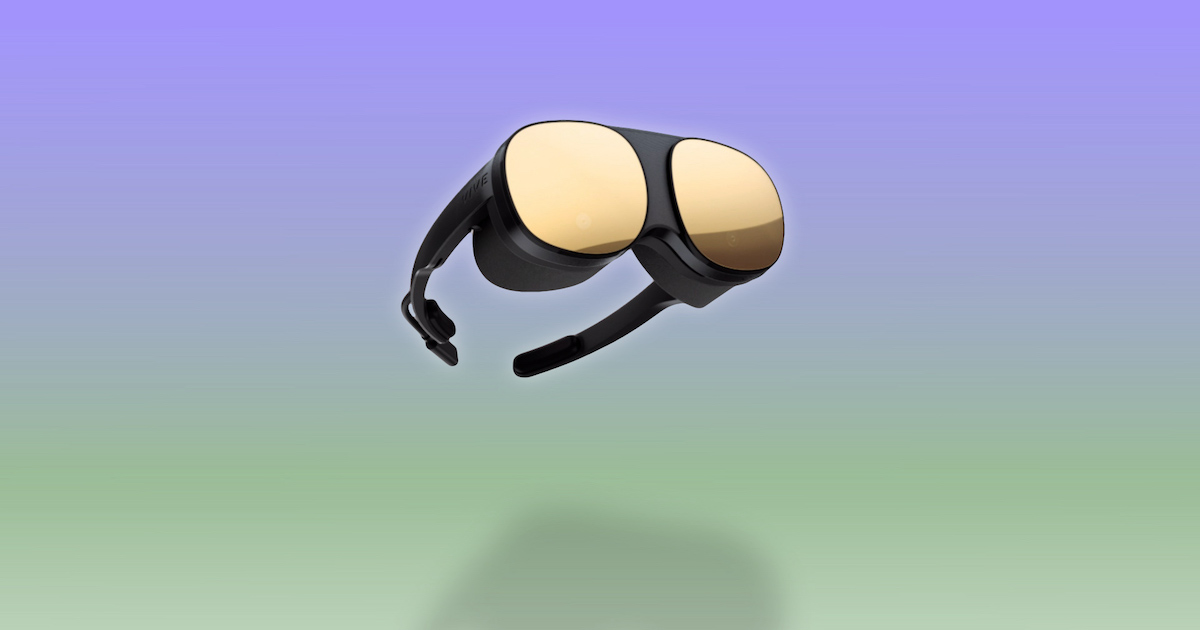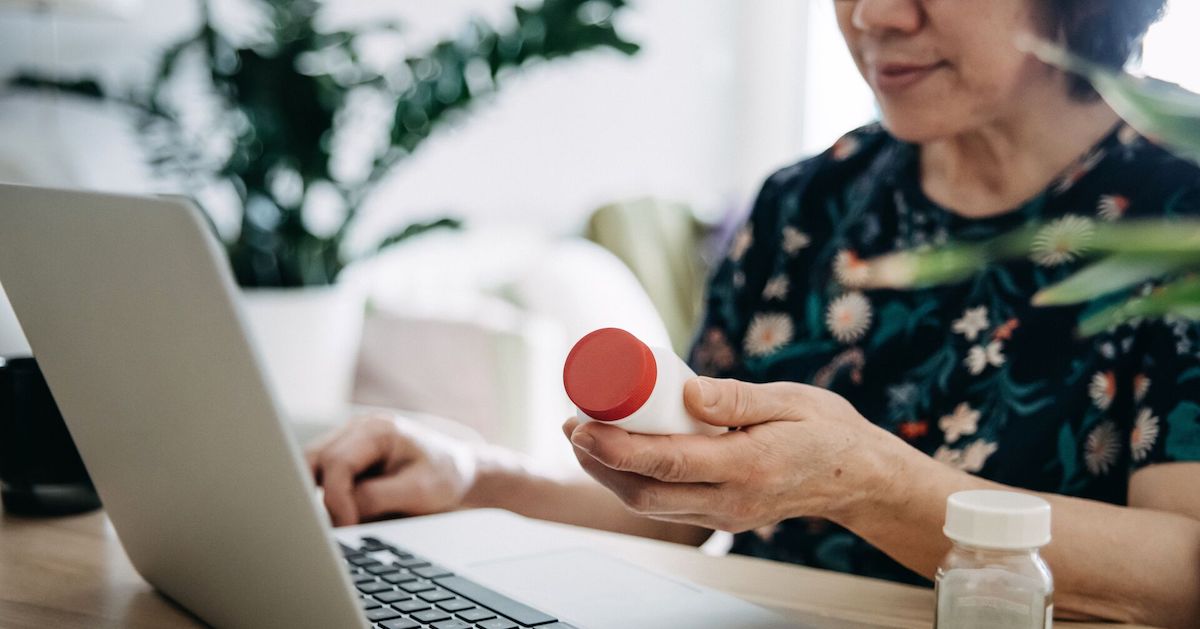Researchers from Monash University’s Turner Institute for Brain and Mental Health have developed a mobile app that helps personalise the sleep-wake cycle of hospital shift workers.
HOW IT WORKS
The app called SleepSync entirely tailors a sleep-wake cycle to an individual user by taking into account their calendar for work and personal commitments and daily logging of actual sleep/wake times and mood. It provides biologically viable recommendations for sleep timing based on their calendar, such as work shifts and important personal activities.
It also provides a “recovery score” based on a user’s level of adherence to the recommended sleep times.
FINDINGS
The app was tried out over a two-week period by 27 hospital shift workers who are mostly intensive care and ED nurses at high risk of having insomnia and excessive sleepiness.
Findings from this study revealed that seven in 10 participants had fallen asleep easier and over 80% had better quality sleep after using the app. It was also shown that the participants slept 29 minutes longer on average each night.
Furthermore, 67% of the participants noted the impact of SleepSync on their behaviour and habits while 82% found the app easy to incorporate into their daily lives.
“They also reported improvements in mood (depression, anxiety and stress), insomnia symptom severity, sleep hygiene and sleep-related daytime impairments,” added study co-author Dr Tracey Sletten of the Turner Institute.
WHY IT MATTERS
The Turner Institute seeks to help improve the sleep and overall mood of healthcare shift workers who have kept the country running during the pandemic. Working outside the 9-to-5 work hour regime, these workers usually report such effects of sleep disturbance and misalignment, including impaired alertness and increased sleepiness during wakefulness.
According to Dr Jade Murray of the Turner Institute, shift workers are also at greater risk of getting long-term adverse health consequences, such as gastrointestinal problems, cardiovascular disease, mood disorders and cancer. They are also susceptible to short-term effects, such as an increase in the risk of errors, accidents, and injuries.
Currently, workplace interventions have been made to help shift workers sleep better, such as adjustments in workplace lighting, scheduled workplace napping, and programmes for sleep hygiene, wellness, and workplace fatigue management.
However, there is a need for evidence-based actions to optimise their sleep around their work schedule, according to Dr Sletten. “Each person has different underlying biology and specific work patterns, which need to be accommodated in a personalised schedule to help them sleep better,” she stressed.
Following the study on SleepSync, researchers noted how the app “improved total sleep time, ability to fall asleep, sleep quality and perception of recovery on days off.”
Dr Murray, who led the study, emphasised SleepSync’s potential to improve the health and well-being of shift workers and how they function day to day. She also pointed out the possibility of integrating the app with wearable devices.
MARKET SNAPSHOT
App-based digital therapeutics for treating insomnia are on the rise. Lately in South Korea, two locally-developed insomnia DTx, Sommz by Aimmed and WELT-I by Welt Co., have received regulatory approvals. Both products are based on cognitive behavioural therapy to help improve sleep in users.
Another innovation targeting sleeping issues is a wireless earphone by LG Electronics. Called Breeze, the earphone uses brain wave-based synchronised sounds in varying frequencies to help get users into a deep sleep. The device can also analyse sleep data in real-time and suggest better sleep patterns.





